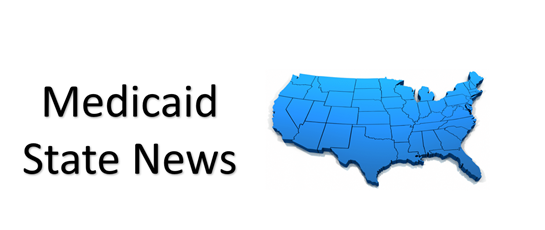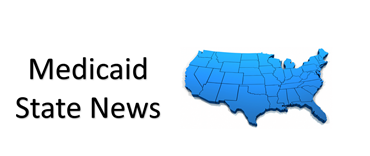MM Curator summary
Becerra has been confirmed to head HHS.
The article below has been highlighted and summarized by our research team. It is provided here for member convenience as part of our Curator service.
Key Points
- The Senate confirmed Xavier Becerra as Health and Human Services secretary.
- The California attorney general and former U.S. representative will have a major role in the Covid-19 vaccine rollout as the country tries to achieve a level of normalcy by the summer.
- Becerra will also play a part in the Biden administration’s plans to create a Medicare-like public health-care option.
- The confirmation vote was close, as Republicans have questioned Becerra’s health experience and previous support for “Medicare for All.”
Xavier Becerra, nominee for Secretary of Health and Human Services, answers questions during his Senate Finance Committee nomination hearing on Capitol Hill in Washington, DC, February 24, 2021.
Greg Nash | Pool | Reuters
The Senate confirmed Xavier Becerra as Health and Human Services secretary on Thursday as the U.S. aims to contain Covid-19 and achieve a semblance of normal life by summer.
Becerra, California’s attorney general, won approval by a narrow 50-49 margin in a Senate evenly split by party. Nearly all Republicans opposed the former U.S. representative’s nomination, questioning his health-care experience and past support for “Medicare for All.”
Becerra will be the first Latino to lead HHS. In a tweeted statement following his confirmation, Becerra said he is “honored and humbled by today’s vote” and “ready to get to work.”
The support of Sen. Susan Collins, a Maine Republican, removed the need for Vice President Kamala Harris to cast a tiebreaking vote.
Becerra will take a major role in one of the federal government’s most daunting undertakings ever. HHS will help to facilitate Covid-19 vaccinations and testing efforts as health officials hope widespread inoculation will beat back a mutating virus and allow businesses and schools to reopen.
While the virus’s spread has slowed in the U.S., the country is recording about 54,800 Covid-19 cases and at least 1,200 deaths every day, according to a seven-day average calculated by CNBC. About 15.5% of adults, and 37.6% of people over 65, are fully vaccinated, according to the Centers for Disease Control and Prevention.
Becerra will also have a prominent part to play if and when the Biden administration moves on to health-care reform. President Joe Biden has backed the creation of a Medicare-like public insurance option and changes to control the cost of drugs and care.
Ahead of the vote, Senate Majority Leader Chuck Schumer, D-N.Y., said Becerra “has decades of standing up for working-and middle-class Americans in Congress, fighting to protect and expand Medicare, Medicaid, and working to safeguard our health care system from attacks by the Trump administration.”
Becerra became the 20th member of the president’s Cabinet confirmed by the Senate. The chamber has turned its attention to filling out the executive branch since its passage of the $1.9 trillion coronavirus relief bill earlier this month.
Speaking at a Senate confirmation hearing last month, Becerra said he understands “the enormous challenges before us.” He said he would work not only to contain the virus but also to boost access to affordable health care.
Becerra touted his work as California’s attorney general to make Covid treatments more widely available and crack down on opioid manufacturers.
He succeeded Harris as the largest U.S. state’s top law enforcement official in 2017 after her election to the Senate the previous year. Becerra won a four-year term in 2018.
He represented California in the U.S. House from 1993 to 2017.
Clipped from: https://www.cnbc.com/2021/03/18/senate-to-confirm-xavier-becerra-as-hhs-secretary.html










